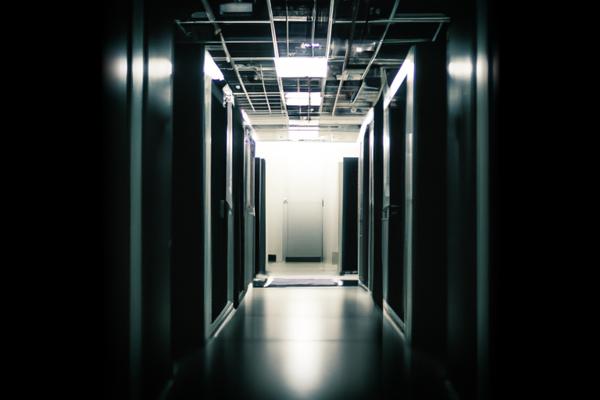The International Committee of the Red Cross (ICRC) has recently released new rules of engagement for hacktivists involved in conflicts [2]. These rules aim to ensure that hacktivists adhere to international humanitarian law during times of conflict. The ICRC is concerned about the increasing number of civilians joining patriotic cyber-gangs since the Ukraine invasion. These cyber-attacks by civilians are increasingly targeting non-military objects [1], such as hospitals and banks [1], which has a detrimental impact on innocent members of society. Additionally, these attacks also put hacktivists at risk by signaling to opposing forces that they are a legitimate military target [1].
Description
In response to these concerns, the ICRC is sending the rules to hacking groups involved in the Ukraine war [2]. The ICRC is emphasizing the potential consequences of their actions, including the endangerment of lives, including their own [2]. The ICRC is also urging governments to restrain hacking and enforce existing laws [2]. However, it is acknowledged that some cyber-gangs have stated their intention to ignore these rules.
The boundaries between civilian and military hacking have become blurred in the Ukraine conflict [2]. Civilian groups have been established and encouraged by the government to attack Russian targets [2]. Despite some groups arguing that following the rules can put them at a disadvantage [2], the ICRC is imploring these groups to adhere to the rules [2]. Pro-Russian groups [2], accused of collaborating with the Kremlin [2], deny these allegations. Anonymous Sudan [2], a group known for targeting technology companies and government services critical of Sudan or Islam [2], believes that breaking the rules is unavoidable [2]. In fact, a prominent member of the Anonymous collective has publicly declared their lack of faith in the ICRC and their decision not to follow the new rules.
Conclusion
Given the challenges of attributing attacks and the collateral damage caused by cybercrime [1], it is likely that the ICRC’s rules will be disregarded. The ICRC’s concern about cyber-attacks targeting non-military objects and the endangerment of innocent lives highlights the need for hacktivists to adhere to international humanitarian law. The ICRC’s efforts to send the rules to hacking groups and urge governments to enforce existing laws are important steps towards mitigating the negative impacts of cyber-attacks. However, the blurred boundaries between civilian and military hacking and the defiance of some cyber-gangs pose significant challenges. The future implications of these challenges remain uncertain, but it is crucial for all parties involved to prioritize the protection of innocent civilians and adhere to international humanitarian law.
References
[1] https://www.infosecurity-magazine.com/news/red-cross-issues-wartime/
[2] https://www.bbc.com/news/technology-66998064





